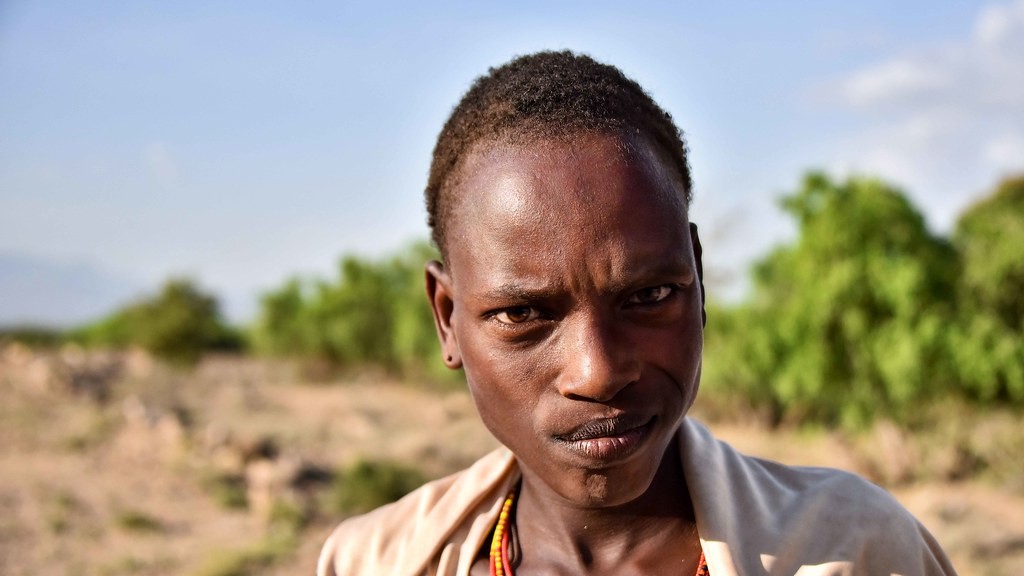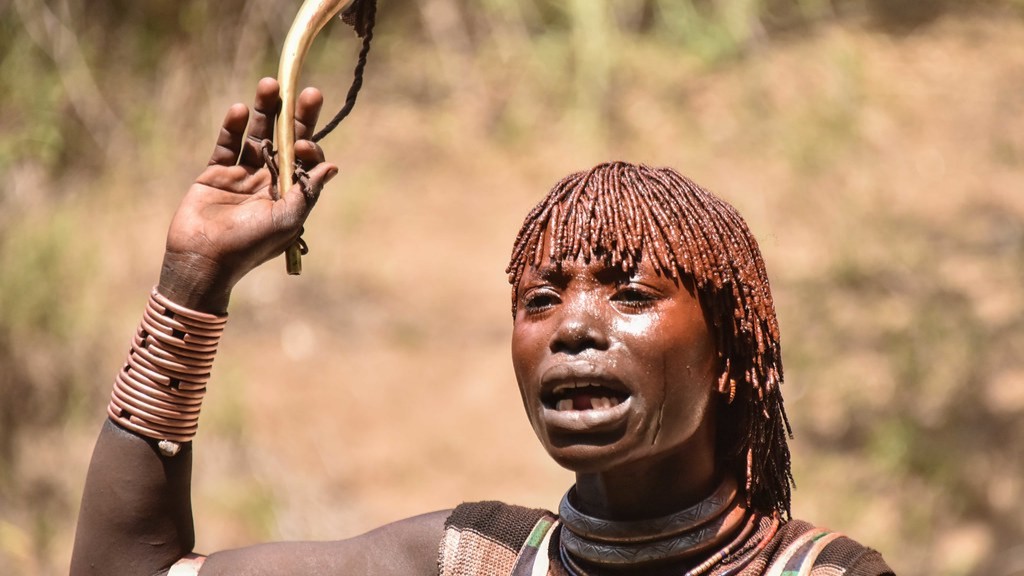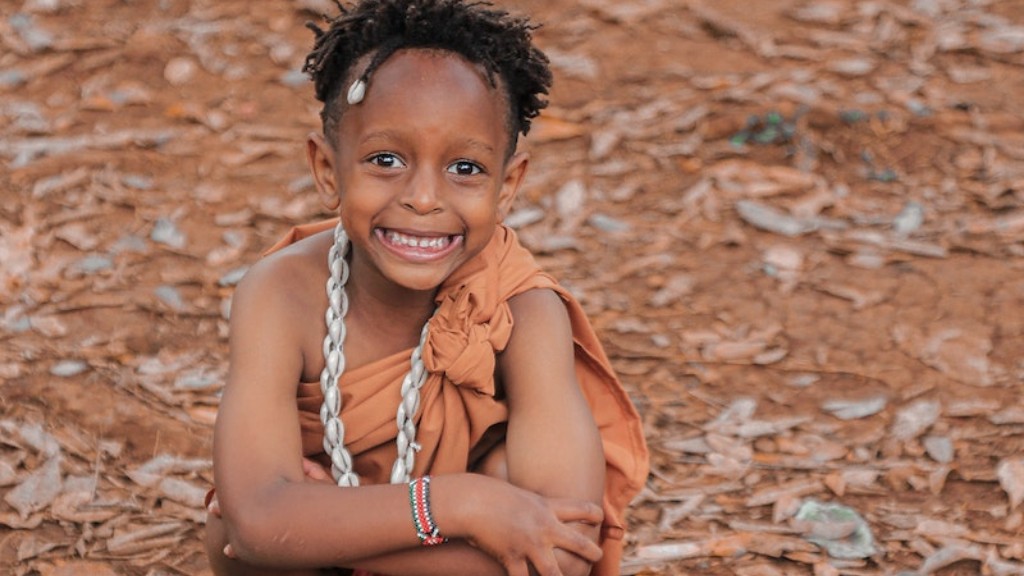African Tribes Documentary and Ethics Culture
In recent years, there has been a surge of interest in African tribes and their unique cultures, leading to the production of several captivating documentaries. These documentaries aim to shed light on the diverse traditions, customs, and values that exist within African tribes, providing viewers with a deeper understanding of these fascinating societies. However, the production and consumption of such documentaries raise important ethical considerations, as they navigate the fine line between education and exploitation.
One crucial aspect of creating a responsible and ethical documentary lies in obtaining informed consent from the tribes being documented. It is essential to engage in respectful dialogue with tribal leaders and community members, ensuring they fully understand the intentions and potential reach of the documentary. This approach respects their autonomy and avoids exploiting the tribes for entertainment purposes.
Moreover, documentaries should aim to present African tribes in a culturally sensitive and accurate manner. This involves avoiding stereotypes or generalizations that could perpetuate harmful narratives about these communities. By consulting anthropologists, historians, and experts in African studies, filmmakers can ensure their documentaries offer accurate portrayals and foster cross-cultural understanding.
Another important consideration is the economic impact of documentaries on the tribes. Filmmakers must examine how their productions contribute to the local economies, ensuring that the benefits are shared fairly and that the tribes are not left disadvantaged or exploited. Implementing sustainable practices, such as providing fair compensation for local guides and artisans involved in the documentary, can help mitigate any potential negative effects.
The power dynamics between the documentary creators and the tribes being documented also need to be carefully examined. It is crucial to avoid the voyeuristic gaze that objectifies tribal cultures and instead strive for a collaborative approach. This can involve actively involving community members in the filmmaking process, allowing them to represent themselves authentically and maintain agency over their own narratives.
Furthermore, it is essential for documentaries to go beyond the surface-level portrayal of rituals and traditions and delve into the broader socio-political contexts that shape these tribes’ lives. Understanding the challenges faced by these communities, such as land dispossession or cultural erosion, helps viewers grasp the complexities and nuances of African tribal cultures, fostering empathy and advocacy for their well-being.
While African tribes documentaries provide valuable educational opportunities, viewers must also critically analyze the narratives they encounter. It is essential to question the documentary’s underlying perspectives, potential biases, and the motives behind its production. By engaging in thoughtful analysis, viewers can deepen their understanding and challenge prevailing stereotypes and misconceptions about African tribes.
The Role of Digital Media in Ethical Tribal Documentaries
Digital media platforms have played a crucial role in disseminating African tribes documentaries, but they also pose ethical challenges. The ease of sharing content online presents opportunities for wider reach and visibility, but it also increases the risk of misrepresentation and exploitative practices. Filmmakers and viewers alike must navigate these challenges and prioritize responsible sharing and consumption of tribal documentaries.
Preserving Cultural Integrity in the Face of Globalization
The impact of global forces, such as tourism and modernization, poses significant threats to the cultural integrity of African tribes. Documentary filmmakers can contribute to the preservation of these cultures by documenting traditional practices and highlighting their importance in the face of rapid change. By showcasing the resilience and vibrancy of African tribes, documentaries can inspire efforts to protect and celebrate their heritage.
Collaborative Approaches: Empowering Tribal Voices
In recent years, some documentary filmmakers have embraced collaborative approaches that put the tribes’ voices at the forefront of the storytelling process. These empowering methods shift the balance of power and provide a platform for tribes to represent themselves authentically. By amplifying their voices, documentary filmmakers contribute to the preservation of tribal knowledge and empower these communities.
Raising Awareness: Social Impact and Advocacy
Beyond education and entertainment, African tribes documentaries have the potential to drive social impact and advocacy. By highlighting the challenges faced by these tribes, documentaries can spur viewers to take action and support organizations working to address issues such as land rights, cultural preservation, and sustainable development. Through strategic partnerships with advocacy groups, documentaries can become powerful tools for change.



